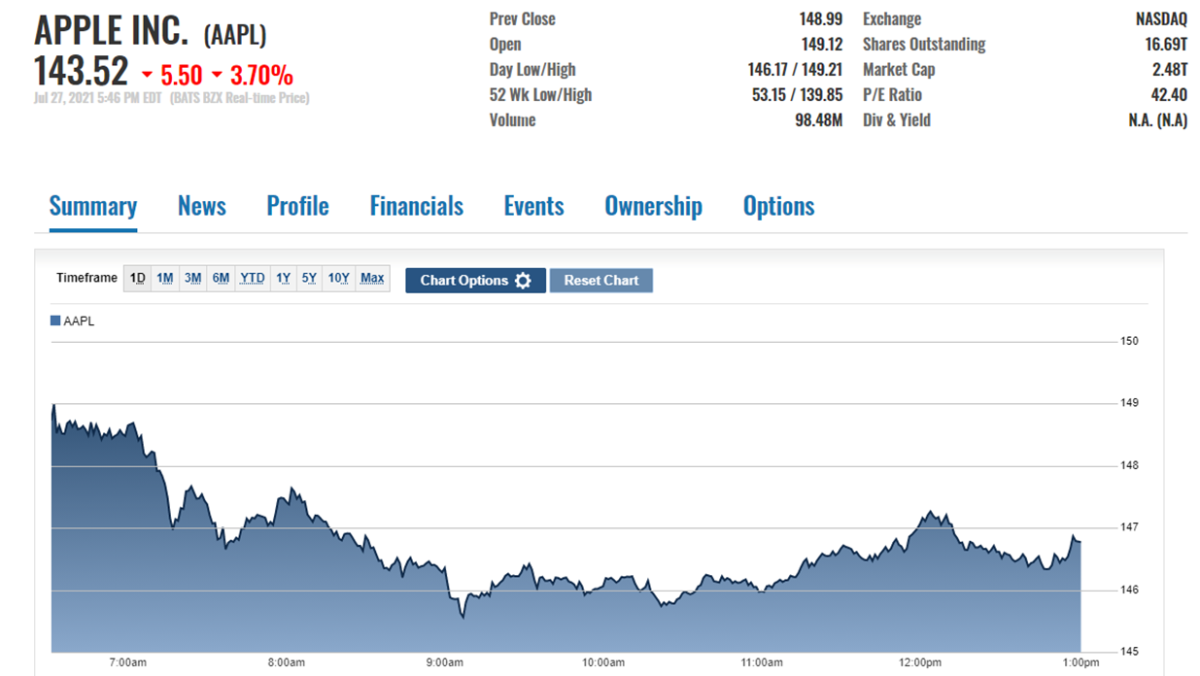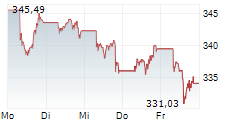The Financial Aspects Of Your Escape To The Country

Table of Contents
Property Costs: More Than Just the Purchase Price
The cost of a country property is a significant undertaking, and the purchase price is just the tip of the iceberg. Understanding the full spectrum of rural property costs is essential for realistic financial planning.
Purchase Price Variations
The price of country property varies dramatically based on numerous factors. Location plays a huge role; a charming cottage in a desirable area will command a much higher price than a similar property in a more remote location. Size, condition, and the inclusion of amenities like barns, outbuildings, or established gardens also significantly influence the final cost. For instance, a small, renovated cottage near a vibrant village might cost upwards of $500,000, while a larger, fixer-upper property further from amenities could be found for $200,000.
- Acreage: The amount of land significantly impacts price, with larger plots commanding higher costs.
- Proximity to Amenities: Properties closer to towns and cities with better access to schools, shops, and healthcare are more expensive.
- Property Condition: The condition of the property—whether it's move-in ready or requires extensive renovations—directly affects the price.
- Market Trends: Local market trends and seasonal variations impact pricing.
Hidden Costs
Beyond the initial purchase price, numerous hidden costs can quickly inflate your overall expenditure. These are often overlooked but are crucial to account for.
- Conveyancing Fees: Legal fees associated with transferring property ownership.
- Stamp Duty/Transfer Taxes: Government taxes levied on property transfers, varying by location and property value.
- Surveys and Inspections: Professional assessments to identify potential problems with the property.
- Renovations and Repairs: Budget for necessary repairs or renovations, especially if purchasing an older property.
- Agent Fees: Fees paid to real estate agents for their services.
Ongoing Property Expenses
Owning a rural property incurs ongoing costs that often exceed those associated with urban living. These ongoing property expenses must be factored into your budget.
- Property Taxes: Annual taxes levied on property ownership.
- Insurance: Building and contents insurance are essential for protecting your investment.
- Maintenance: Regular maintenance, including repairs, landscaping, and pest control, are ongoing expenses.
- Utilities: Utility bills, including heating, water, and electricity, can be significantly higher in rural areas due to factors like older properties and reliance on alternative energy sources.
Living Expenses in the Country: A Different Budget
Rural living presents a unique set of rural living costs that can differ significantly from city life. Budgeting accurately for these differences is essential.
Increased Transportation Costs
Living in the country often translates to increased transportation costs. Distances are greater, and reliance on personal vehicles is more significant.
- Fuel: Higher fuel consumption due to longer commutes and less access to public transportation.
- Car Maintenance: Increased wear and tear on vehicles from driving on less maintained roads.
- Longer Commutes: Factor in the time and cost associated with longer commutes to work, shopping, and other amenities.
Higher Utility Bills
Expect potentially higher utility bills compared to urban settings. This can be attributed to several factors.
- Heating: Older properties often require more energy for heating, and the cost of heating oil, for example, can be substantially higher than natural gas in some areas.
- Water: Reliance on well water often leads to higher water costs, including maintenance and potential repairs.
- Electricity: Increased electricity usage due to factors like space heating or distance from the power grid.
Grocery and Goods
Access to groceries and everyday goods may be limited in rural areas, leading to higher prices.
- Increased Travel: Regular trips to larger towns for shopping can add to the cost of living.
- Online Grocery Deliveries: Relying on online grocery delivery services can offset some challenges but often adds delivery fees.
- Food Cooperatives: Joining a local food cooperative might provide access to more affordable, locally sourced products.
Lifestyle Changes and Financial Implications
Moving to the country involves significant lifestyle changes with financial implications that require careful consideration.
Income Sources
A move to the country may impact your income.
- Job Losses/Changes: Relocating may lead to job losses or the need to transition to a new career.
- Remote Work: Explore the opportunities available for remote work to maintain your current income stream.
- Alternative Income Streams: Consider alternative income streams such as farming, crafting, or tourism related businesses.
Community and Social Costs
Rural life presents unique social dynamics with associated costs.
- Community Groups: Membership fees for community groups and social activities can add to the overall budget.
- Tradeoffs: Weigh the convenience of city living against the costs associated with less readily available services.
Financial Planning for a Country Escape
Thorough financial planning is vital for a successful move.
- Detailed Budget: Create a comprehensive budget that includes all expected expenses.
- Emergency Funds: Establish a substantial emergency fund to cover unexpected costs.
- Financing Options: Explore different financing options for purchasing property and managing expenses.
- Downsizing: Consider downsizing your belongings to reduce costs associated with moving and storage.
Conclusion
Successfully navigating the financial aspects of your escape to the country requires meticulous planning and a realistic understanding of the costs involved. From the initial property purchase and ongoing maintenance to increased living expenses and potential income changes, a thorough assessment is critical. Remember to factor in all aspects—hidden costs, utility expenses, transportation, and lifestyle adjustments—to ensure a smooth transition and avoid financial strain. Before you take the leap, carefully assess the financial aspects of your escape to the country, conduct thorough research, and consider consulting a financial advisor. Share this article with others considering a similar move and help them navigate this exciting but complex journey.

Featured Posts
-
 Apres Laurent Baffie Thierry Ardisson Revele Sa Verite Sur Tout Le Monde En Parle
May 25, 2025
Apres Laurent Baffie Thierry Ardisson Revele Sa Verite Sur Tout Le Monde En Parle
May 25, 2025 -
 Is Apple Stock A Buy After Strong Q2 Earnings
May 25, 2025
Is Apple Stock A Buy After Strong Q2 Earnings
May 25, 2025 -
 The Elon Musk Dogecoin Relationship Fact Vs Fiction
May 25, 2025
The Elon Musk Dogecoin Relationship Fact Vs Fiction
May 25, 2025 -
 Net Asset Value Nav Of Amundi Msci World Ii Ucits Etf Dist What You Need To Know
May 25, 2025
Net Asset Value Nav Of Amundi Msci World Ii Ucits Etf Dist What You Need To Know
May 25, 2025 -
 Hsv Aufstieg Zwischen Hafengeburtstag Und Roland Kaiser 2 Bundesliga Update
May 25, 2025
Hsv Aufstieg Zwischen Hafengeburtstag Und Roland Kaiser 2 Bundesliga Update
May 25, 2025
